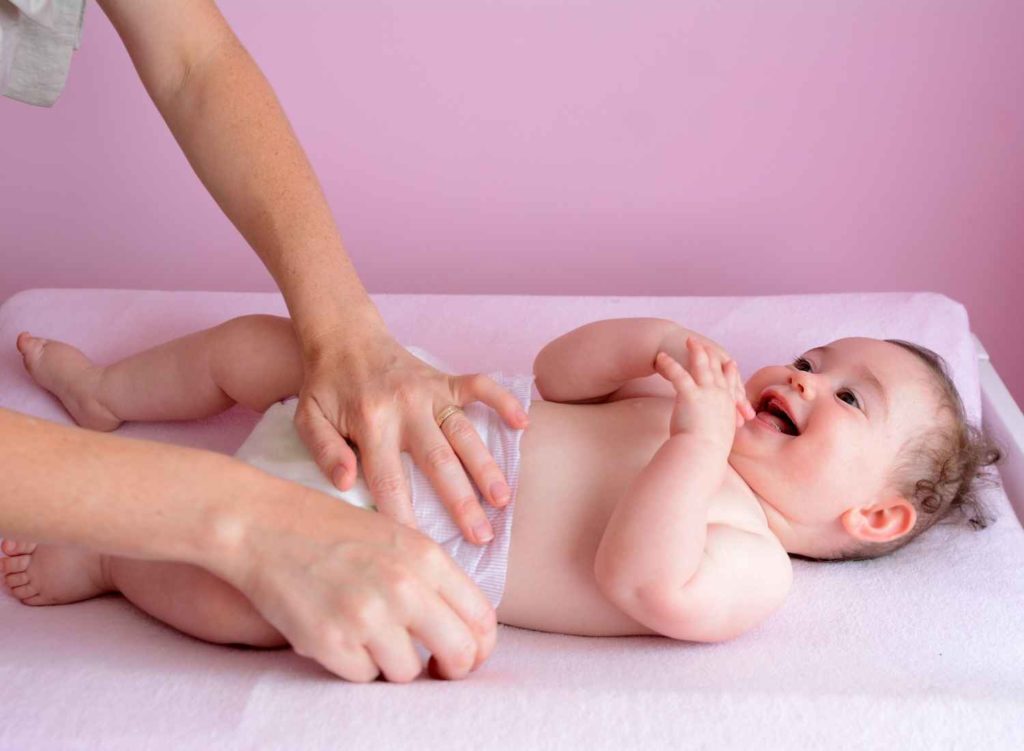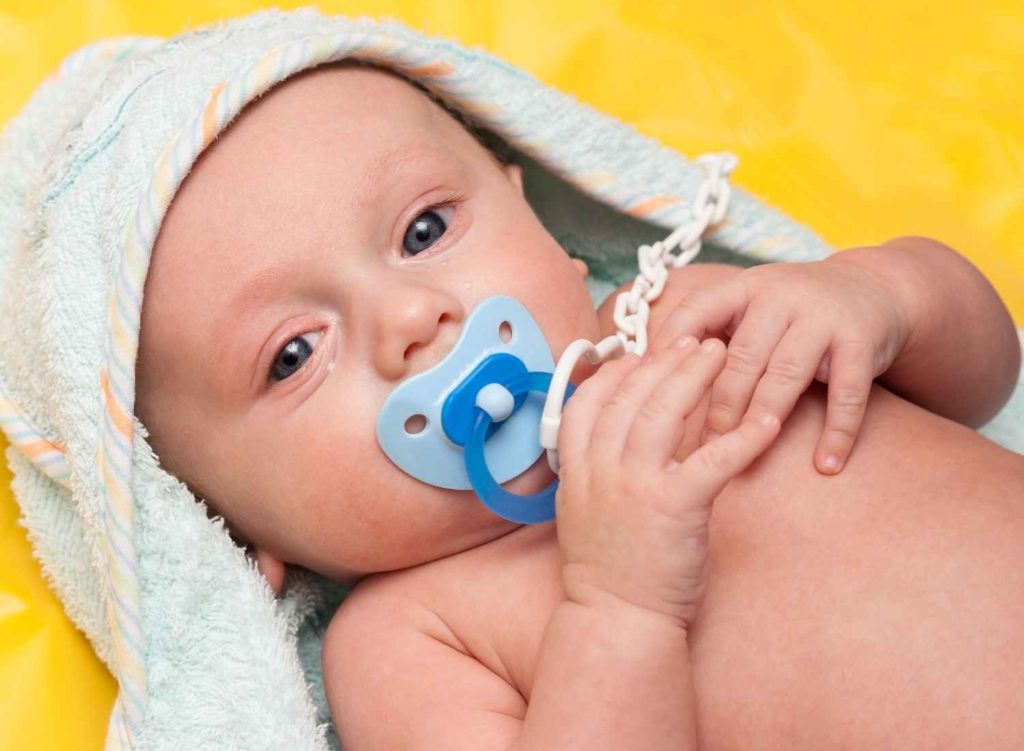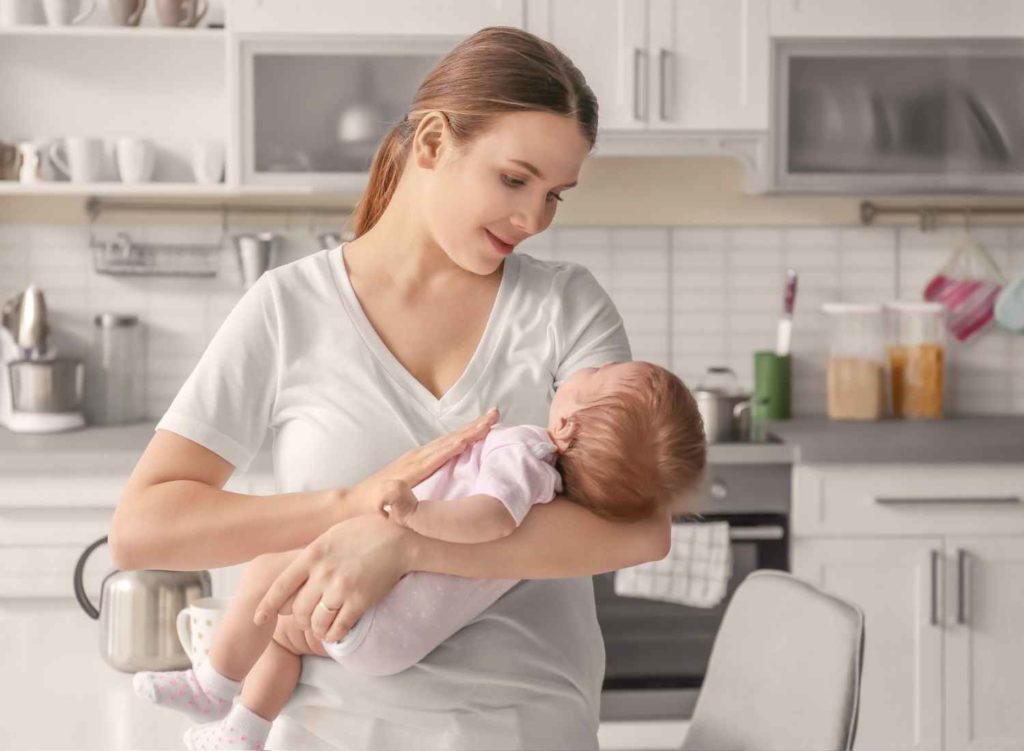To be a parent for the first time is one of the most incredible experiences for any couple, which is why it’s so rewarding for a new father and mother to welcome their child into the world. But when you become a parent, your life will change drastically, and you’ll be forced to face many situations that are unfamiliar to you. That said, some valuable tips and advice for new parents can help you.
You are expecting a new baby and have so much to learn! You know your life just changed forever, and even if you already had children, it is still different with your new baby. Newborn babies are lovely, beautiful miracles of nature that continue to amaze and confound parents daily.
That tiny, scrunched-up little creature with the big eyes, the little head, and the funny way of lying with its arms outstretched like a starfish seems to have been made for you to love. As first-time parents, people have questions about taking care of your baby.
No one needs you to tell them who they should listen to, and they don’t want your advice on practically anything else. But – let’s face it – everyone could use some help now and then, especially when one becomes a new parent. Imagine how useful it would be to read about someone else’s parenting experiences, especially from a parent like myself.
It’s said… “A baby fills a place in your heart that you never knew was empty”
Parents always want to do their best and be the perfect parent, but what does that mean? We asked some parents who have been around the block a few times for their best pieces of advice for new parents. When a new parent wants to prepare for the exciting new life that awaits their baby, a few things could be helpful to know. Most of them, though, will probably be experienced only by being one.
Be extra vigilant for your baby in the first three months:

It’s important to remember that babies can’t be spoiled in the first three months. You might be tired, but your baby needs to be held, loved, and reassured. It’s normal for a new baby to cry a lot. It’s their way of communicating with you. If you respond quickly, your baby will soon learn that crying is a way to get your attention, and they will cry less in the long run.
At first, newborns sleep as much as 16 hours a day or more. But they don’t sleep for more than two or four hours at a time, day or night, so don’t expect too much-uninterrupted sleep during this time!
Trust your gut:

Although every baby goes through some stages of development, the main thing you’ll want to do when your baby is born is kept her alive. There’s a lot of advice out there on how to handle that. “Trust your gut.” Nowhere is this more true than with babies. If you’re a new parent, most people will tell you things like “Make sure she’s dry,” “Feed her often,” and “Burp her after feeding.” But that’s just the beginning. One thing matters above all else: trust your gut out of all the advice they give you.
People will tell you that babies are hard to figure out. Not so! Do you know what babies want? They want whatever their parents are doing. Babies are easy to figure out. You know what else? Babies love it when you talk about them in front of them. Even if they seem too young to understand, they love it when you talk about them in front of them! Try it: talk to your baby in front of them and watch their eyes light up!
Breastfeeding your newborn:

Breastfeeding is a natural and healthy way of feeding your baby. It offers all the nutrients, vitamins, and minerals your baby needs for healthy growth and development. Breast milk is accurately designed to meet all your baby’s needs and should be the sole source of nutrition for your baby until around six months of age, when solid foods can gradually be introduced.
Breastfeeding protects your baby from various illnesses, including gastroenteritis, chest and ear infections, diabetes, asthma, eczema, and childhood leukemia. Breastfeeding your baby promotes health and reduces the risk of SIDS (sudden infant death syndrome). You will benefit from breastfeeding too. It can help you recover following childbirth, as well as lower your risk of developing breast cancer, ovarian cancer, and osteoporosis.
How long should you breastfeed?
The WHO (World Health Organisation) recommends exclusive breastfeeding (no other food or drink) for six months. Continuing to breastfeed after this time is ideal, but breastfeeding and solid foods are better than none if that is impossible.
Seek the expert’s advice :

Before you have kids, you are accustomed to thinking of yourself as the most critical person in your universe. But when you have a child, everything changes. Now, two of you matter more than anyone else in the world. And many of you will be convinced that the other one is wrong about almost everything. The fate of another human being is now mainly in your hands. You have to learn how to be a parent, a job where no one has any idea what they’re doing.
How do people usually try to get good at things? By reading books, talking to experts, and practicing. But this doesn’t work so well for parenting because it’s hard to know what advice to trust and which experts are worth listening to. And it’s not like you can practice first on someone else’s child and then later try it out on yours.
You can’t just stick with what your parents did, because times change and every child is different. So what should smart people do?
They enlist expert help: they hire a nanny
Washing and bath your newborn baby:
Washing your new baby for the first time can be daunting, but it’s not as difficult as it may appear. Before washing your baby, make sure you have everything you’ll need within reach:
- a clean towel
- cotton wool balls or face washer
- at least two clean nappies/diapers
- mild soap or cleanser (babies have sensitive skin)
- a soft toothbrush or washcloth to wash your baby’s head and face
Wash your hands thoroughly before bathing or washing your baby, and make sure the room is warm. Be careful of soap getting in the baby’s eyes and ears. Use cotton wool balls or face washers to wash these areas.
Changing your child’s nappy:

This is a simple guide to changing your baby’s nappy or diaper. You will need:
- a new nappy or diaper
- baby wipes
- clean clothes
- nappy rash cream
1. Lay the baby on its back with its legs straight. Open the old nappy and wipe the baby’s bottom clean. If it is dirty, lay a towel underneath the baby to protect your surfaces from staining, or put the baby on its changing mat.
2. Lift the baby’s legs so you can remove the old nappy. Fold it in half so that any mess inside is contained. Please put it in the bin, do not leave it on your surfaces.
3. Open up a new diaper and slide it under the baby’s bottom, ensuring you cover all of the baby’s skin and that there are no folds in the fabric that could cause an uncomfortable lump against your little one’s delicate skin. Then bring up each side of the diaper and fasten them into place at either side of your baby’s waist, making sure they’re not too tight but not so loose that they won’t be able to contain any waste either (a good test is if you can fit two fingers between your little one’s skin). Diaper changing is an essential part of parenthood, but it’s something that you’ll eventually learn.
Don’t worry if you’re not perfect the first few times; it will take practice. Remember to always wash your hands before and after changing your baby’s nappy. This will help stop germs from spreading, which can make your baby ill. If you change a boy’s nappy, he may wee on you. And trust me, it’s best not to let it bother you; remember that most parents have been there before! If he does wee on you, try not to react too much as this might make him feel embarrassed later on. Making light-hearted comments about it will probably help him feel better.
Pacifiers / Soothing a crying Baby:

One of the more essential parenting skills is learning to soothe a crying baby. Below are some tips for using a pacifier, ideally for your crying baby.
1. Make sure that nothing is wrong with your baby. If the baby is hungry, it’s time to feed.
2. Walk around with your baby in your arms or take them for a stroller ride around the neighborhood. The motion may help to calm the baby down and help you both get some fresh air!
3. Sing to your baby or whisper in a reassuring voice. The sound of your voice may calm them down and make them feel more secure and safe.
4. If you have enough time, take a warm bath with your baby and gently wash their back and head with gentle baby shampoo and soap. This may be relaxing for and make your baby feel loved!
5. Babies love being swaddled tightly in a blanket, makings them feel like they are back in their mothers’ womb! Try wrapping your child tight enough so that he/she can’t move his arms or legs too much, but not too.
How to help your baby to sleep:

There is a lot of advice available to new parents on how to help their kids sleep. Much of it can be wrong, and a lot of it can make your children miserable. New parents’ most common mistake is putting their babies to sleep at the wrong time. A baby’s body clock isn’t fully developed at birth, so they’re not very good yet at going to sleep spontaneously. When they don’t get enough sleep in the day, they get overtired, making it even harder for them to go down.
Instead of putting a baby down when she’s already tired, you have to put her down just before, when she’s sleepy but still awake. And when she wakes up in the middle of the night, as babies often do, she can get herself back to sleep again.
Taking care of the baby if they get ill :
If your baby is sick, it’s hard to know how worried you should be. They’re fine most of the time, but many get sick fast. For example, over a thousand babies die of SIDS yearly in the US alone. You can’t tell in advance which babies will be delicate and which won’t.
Here are some guidelines for new parents about when their baby might be seriously ill:
1. If your baby is under three months old and has a rectal temperature of 100.4°F (38°C) or higher, take them to the emergency room immediately.
2. You should not wait more than 24 hours. See your doctor immediately if your baby is less than three months old and has any of these symptoms: not eating well; not having enough wet diapers; being unusually sleepy; being fussy or cranky; being difficult to wake up; having a bulging soft spot on the top of their head; having a stiff neck; refusing to move an arm or leg; not responding to sounds or voices as they usually do; having seizures, twitches, or jerks; having trouble breathing, etc.
Advice for new parents… Final words:
Enjoy every moment. Challenging, joyful, frightening, excited. It passes too quickly. You will be exhausted and sleep-deprived. While we have given some really happy tips advice for new parents, the best advice is to be “just tired” rather than getting angry and frustrated. It’s a whole lot easier just to be tired and remember that it always gets better. The main thing is to enjoy every second of this experience to make it memorable.









